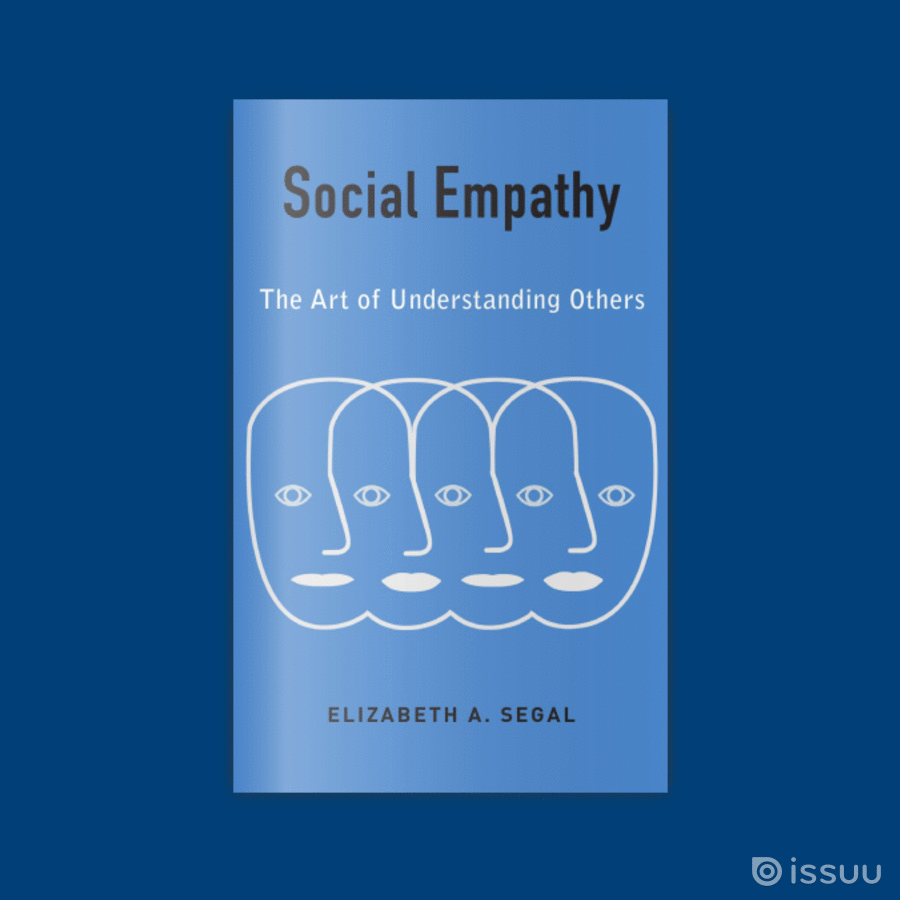Encoding the Consumer: The Computerization of Credit Reporting and Credit Scoring
“‘A prospective borrower is still asked the familiar questions about his age, marital status, whether he owns or rents a home, how long he has been on the present job,’ the New York Times reported. But there was a key difference in this new regime of credit evaluation. ‘By applying a scientifically determined series of weights to each factor and adding up a total score, the credit manager in thirty seconds is able to reject those applications almost certain to result in charge-offs.’ This new system was statistical credit scoring.” — Josh Lauer
This week, we are featuring two books from our exciting new Columbia Studies in the History of U.S. Capitalism series: Creditworthy: A History of Consumer Surveillance and Financial Identity in America, by Josh Lauer, and From Head Shops to Whole Foods: The Rise and Fall of Activist Entrepreneurs, by Joshua Clark Davis. For this final post of the feature, we have an excerpt from Creditworthy, in which Lauer tells the story of the rise of the rise of the automation of credit evaluation in the 1960s.
Don’t forget to enter our book giveaway for a chance to win a free copy of both books!





